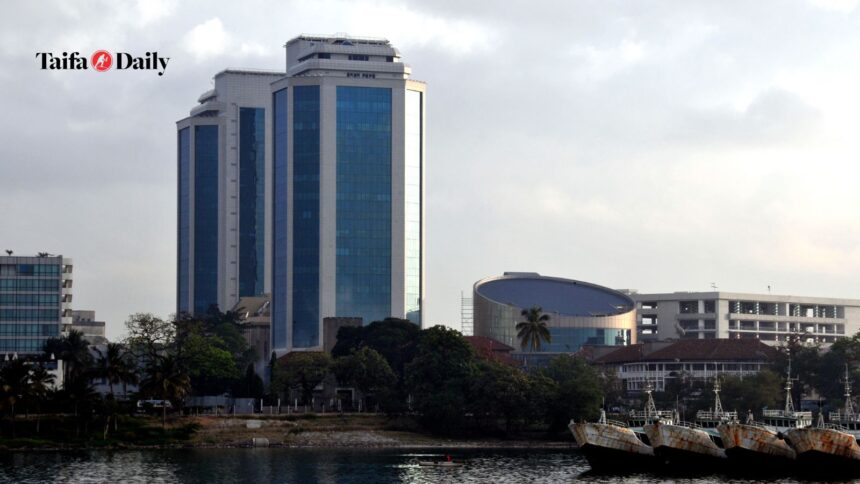The adoption of a new monetary policy in Tanzania signifies a shift towards an interest rate-based framework aimed at maintaining price stability and supporting sustainable economic growth. The Bank of Tanzania (BoT) announced this change, emphasizing its alignment with international best practices and commitment to harmonizing monetary policy frameworks within the East African Community and other regional economic communities.
Under the new framework, the BoT will use the Central Bank Rate (CBR) as the policy rate, with the objective of achieving low and stable inflation while fostering economic growth. Changes in the CBR will signal the direction of monetary policy, indicating either a tightening or expansionary stance. Additionally, the CBR will guide the determination of interest rates, with the interbank cash market rate serving as the targeted rate.
It’s important to note that the interest rate-based monetary policy is distinct from interest rate capping, as the former allows market forces to determine interest rates. BoT Governor Emmanuel Tutuba clarified that the adoption of this framework does not imply fixing interest rates, and rates will continue to be determined by market dynamics.
Economists, including Oscar Mkude and Christopher Makombe, provided insights into the rationale behind the policy shift. They highlighted the influence of technological advancements on how people manage money and emphasized that the change reflects adjustments to the evolving economic conditions in Tanzania. Makombe praised the move, suggesting that it could enhance clarity, openness, and flexibility in the country’s financial markets, potentially attracting more foreign investors.
While economists foresee positive impacts on spending and borrowing behavior through adjustments in the central bank rate, they also caution that the success of the new approach depends on accurate forecasting, timing, and monitoring of economic data.
Dr. Donald Mmari, the executive director of the research think tank Repoa, asserted that an interest rate-based monetary policy is a more effective tool for regulating the economy. He emphasized its potential to encourage investments in Treasury securities as a means of controlling inflation by reducing the money supply.
In summary, Tanzania’s adoption of a new interest rate-based monetary policy signifies a strategic move to enhance the effectiveness of monetary measures, maintain price stability, and stimulate sustainable economic growth, aligning with global best practices and regional commitments.


